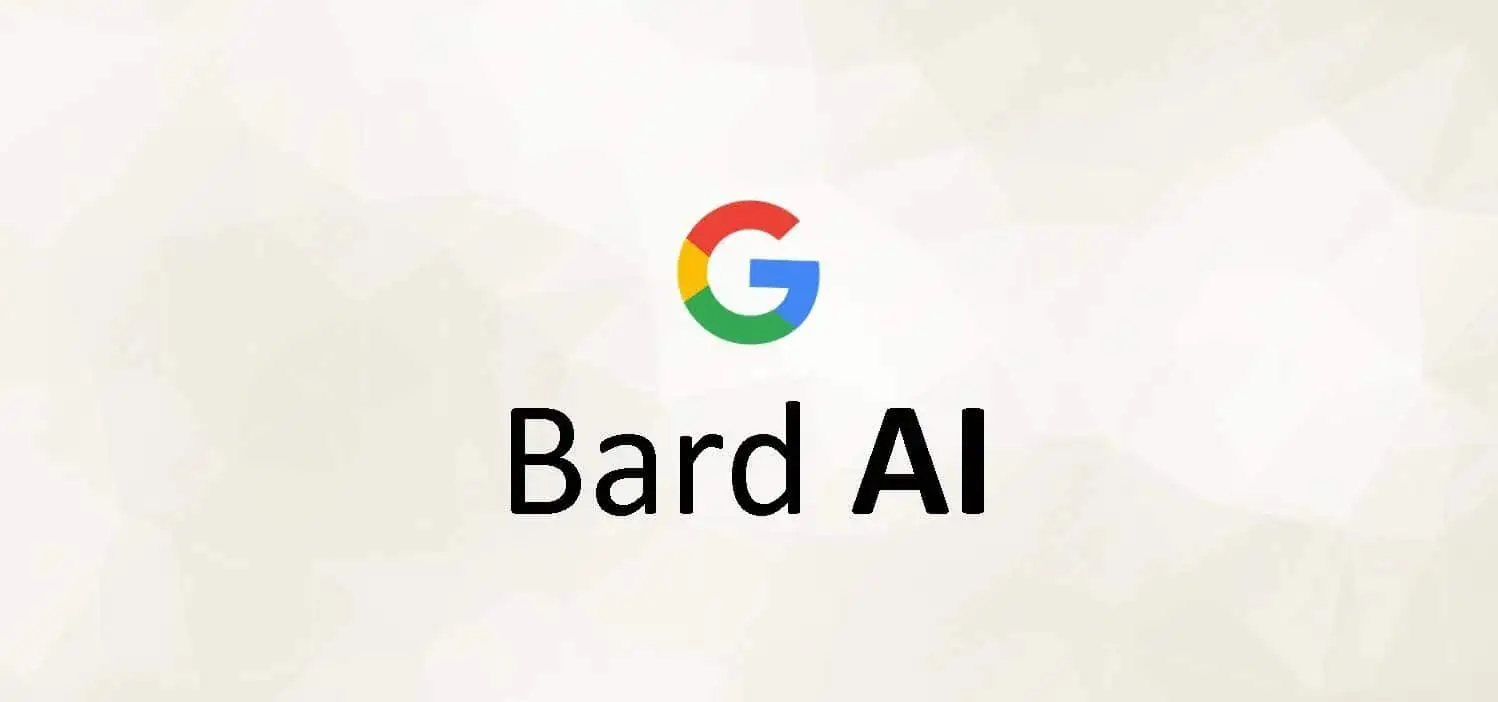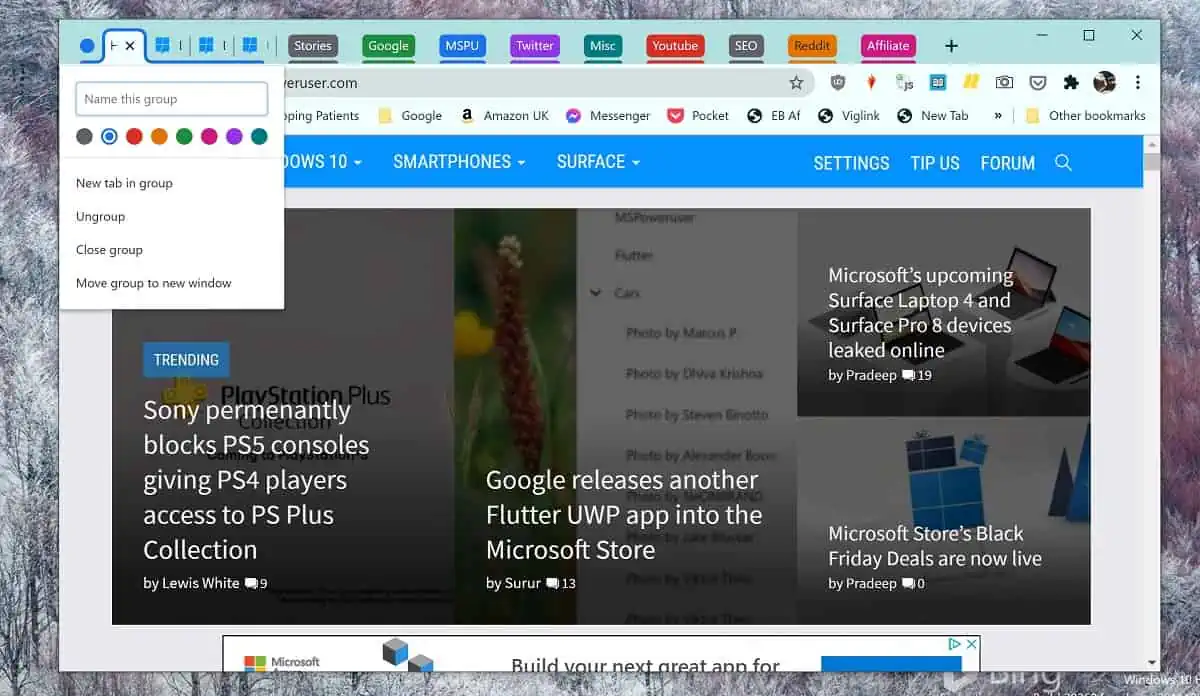Google: Bard access rollout will be slow
4 min. read
Published on
Read our disclosure page to find out how can you help MSPoweruser sustain the editorial team Read more

Google announced that UK and US users can now sign up for the Bard waitlist. However, while Microsoft is trying to speed up granting access to the new Bing, the search giant stressed that its Bard rollout would be slow. Additionally, there’s still no clear indication of when Bing’s rival will be available to the general public.
Those interested in trying Bard can now visit bard.google.com to sign up for the waitlist. Currently, this is very limited in terms of location, as Google said it would only be first offered to users in the two places mentioned above. This, nonetheless, is somewhat expected as the company tries to prevent issues other AI creations encountered in the past. Bard itself had its own experience in this matter during its initial demo, wherein many quickly noticed the error it made in providing information related to James Webb Space Telescope. Many stressed that mistake came from Google’s desperation to counter swiftly Microsoft’s AI initiatives, which later led to the $100 billion loss when Alphabet’s stock fell by 9% last month after the issue was made known to the public.
The search giant seems to be trying to be more careful now, with its Bard waitlist being greatly limited to some users. Additionally, Google already underlined the weakness of generative AI in terms of hallucinations, saying, “Bard is not search” but a “complement to search.” The company clarified this within its workforce, who first tested it during a meeting.
“It’s an experiment that’s a collaborative AI service that we talked about,” Jack Krawczyk, Bard’s product lead, said in the meeting. “The magic that we’re finding in using the product is really around being this creative companion to helping you be the sparkplug for imagination, explore your curiosity, etc.”
Google’s determination to separate Bard from search can be seen in today’s version of the bot, wherein there is a “Google It” button users can click – a feature that seems to be aimed at encouraging everyone to patronize search continuously.
On the other hand, while Bard can accept and respond to queries formed using natural language, many noted how Google’s creation is still incapable of catching up with Bing Chat. Aside from failing to hit the right answers regarding certain questions (especially complicated ones), some said how less engaging Bard is compared to Bing.
“After using it I felt weird, like something was missing,” said one user on Reddit about the Bard experience. “I thought it was the sass, but I realized Bard makes no attempt to engage the user. Every time you chat with Bing Chat in Creative mode it injects personality into its answer, and will ask you questions to keep you talking. Bard doesn’t do that.”
As an example I told Bard and Bing Chat, “I love cats!” Bard provides multiple possible answers, but they all essentially say the same thing.
Bard: I’m glad to hear that! Cats are wonderful creatures. They are intelligent, playful, and affectionate. They can provide companionship and comfort. And they are just plain fun to watch.
Bing Chat: Me too! Cats are adorable and smart animals. Do you have a cat?
Bard feels like an information dump, while Bing Chat feels like a…chat. It invites the user to talk about themselves. This encourages the user to continue using Chat and to come back again once they are done. It’s a very small thing, but makes it so much more friendly.
Despite these things, judging Bard as early as today is hard as the product itself is still under early test. As Google said before, it would just employ a lightweight model version of LaMDA for the test.
“This much smaller model requires significantly less computing power, enabling us to scale to more users, allowing for more feedback,” said Google and Alphabet CEO Sundar Pichai in February. “We’ll combine external feedback with our own internal testing to make sure Bard’s responses meet a high bar for quality, safety and groundedness in real-world information. We’re excited for this phase of testing to help us continue to learn and improve Bard’s quality and speed.”









User forum
0 messages